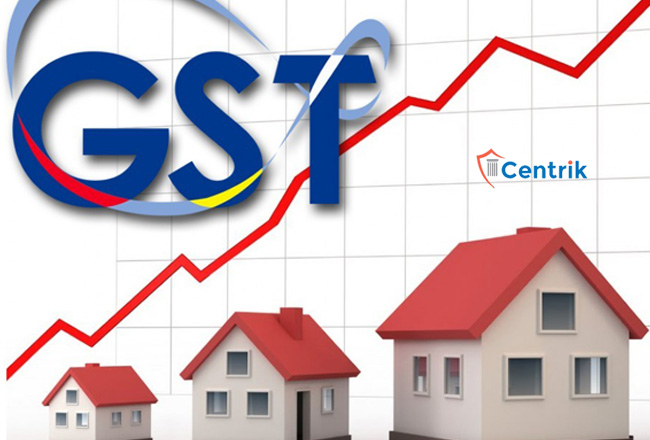
As we all know real estate sector is one of the fastest growing sector all over the world. But presently indirect tax regime of India for real estate sector provides for complex tax environment due to multiplicity of taxes. Like if we look around us there are very few peoples who have knowledge of tax applicability on work contractors because it is coupled with multiplicity of taxes like Service tax, VAT and stamp duty.
So if you are one of them, this article is for you that would definitely help you to analyse the pin point aspects of work contractors.
“Works Contract” means a contract wherein transfer of property in goods is involved in the execution of such contract and includes contract for building, construction, fabrication, completion, erection, installation, fitting out, improvement, modification, repair, maintenance, renovation, alteration or commissioning of any immovable property.
Currently both VAT and Service tax is applicable on construction as well as on under construction property at abated or concessional rate.
In GST regime work contract would be taxed as service only. So it is a welcome move for all. It will help to get rid of differentiating in goods and services.
GST Regime
- Registration
Registration may be required in every such state where there is a premise from where services are being provided.
Now it is to be noted that in real estate sector there is always a site office near to the place of construction. So it needs to be clarified whether site office would be considered as place of business. If it is so than its going to be very difficult for the builders to register in every such state where site offices would locate.
- Tax rate
Currently, work contractors is liable to be registered in Service tax as well as in VAT and paying tax at abated rate but now in GST regime work contractor may be liable to pay tax at the rate of 18%.
As of now, no specific provision is prescribed in GST for abatement to work contractors.
- Input Tax credit
Currently Input tax credit on VAT is not eligible to be utilized for payment of service tax and vice a versa. But in GST regime since all supplies would be liable to a single tax i.e GST so there is no question of utilizing the credit separately for goods or for services. One thing need to note here that credit of CGST would not be utilized for payment of SGST and vice a versa.
GST regime provides that work contractors availing benefit of abatement notification would be entitled to take input tax credit in regard to inputs held in stock, inputs contained in semi-finished or finished goods.
Point of focus – Section 17(4) of model GST law specifically establish that input tax credit would not be allowed with regard to work contract service supplied for construction of immovable property. So it’s a major change that will adversely impact contractors and would lead to increase in rates of property for the ultimate consumers.
- Transitional provision
Model GST laws specifically prescribe for transitional provision. One of the section clearly mention that for contract entered before appointed date but goods/services supplied on or after appointed day would be taxable under GST.
Point of focus- It is to be noted that GST law do not provide that which act would be applicable for contracts entered before appointed day but payment received or bill raised after appointed day. So government need to clearly mention for this.
- Taxability of TDR transactions
Commonly, landowner of the property, transfer development rights in the land to the developer and in lieu of such rights, the developer may provide a fixed quantity of flats to the landowner or share in revenue from sale of flats. In present laws service tax is chargeable for TDR transaction but Model GST law does not provide any provision for taxability of TDR.
If it would be taxable in GST regime than time of supply, valuation of transfer of development rights and the credit eligibility to the developer needs to be clearly mention in GST.
- Place of supply
Section 9 of Model IGST law says place of supply of services relating to immovable property would be location of immovable property. But sometime it happens that immovable property with regard to which services has been provided may be situated in more than one states and as common practice builders used to enter in single contract and raise only one invoice for the same.
But now in GST regime we need to prepare separate invoice for all those contracts where immovable property is situated in different states.
- Continuous supply of Services
Work contractor service would come under continuous supply of service. So contractors would be liable to issue invoice up to following dates-
- Due date of payment ascertainable – Within 30 days from the date when the payment is liable to be made.
- Due Date not ascertainable- Within 30 days of receiving payment.
Conclusion
Work contractors may bear the burden of paying higher rate of tax on output supply and liable to register in every state from where they makes taxable supplies of goods/services.
Also they would not get benefit of input tax if they are providing services with regard to immovable property.




 join For Updates
join For Updates